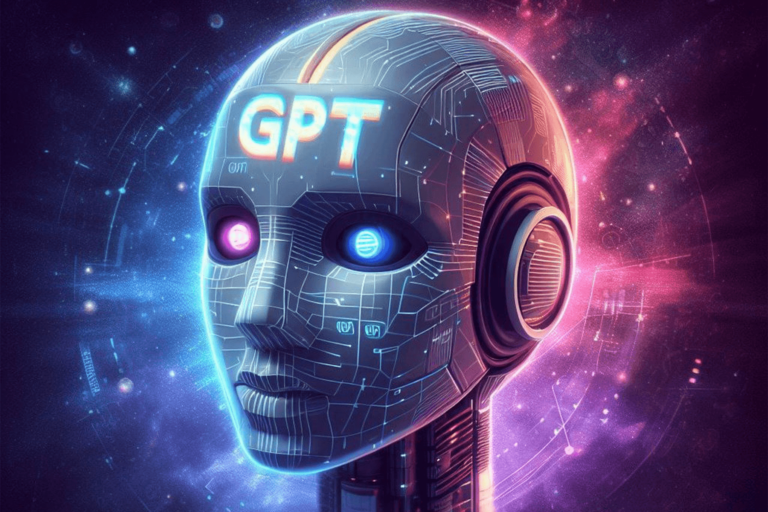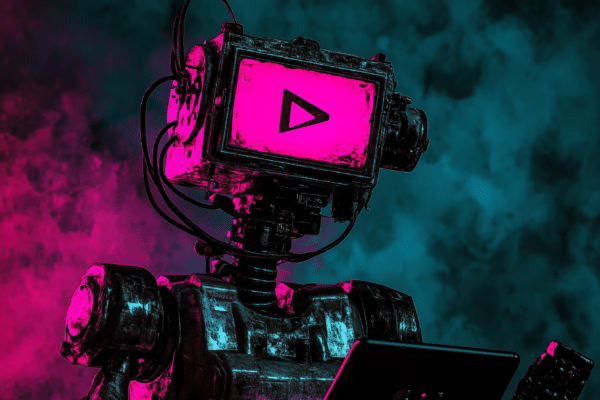The intersection of artificial intelligence (AI) and human resources (HR) is transforming how organizations manage and support their workforce. As AI continues to evolve, its integration into HR processes can significantly improve efficiency and decision making.
One of the most important things to understand about AI in HR is that it does not replace the need for human professionals. Instead, AI enhances HR capabilities by automating mundane tasks and analyzing complex data, allowing HR professionals to focus on more strategic and human-centric aspects of their jobs.
As AI becomes more integrated into HR functions, the importance of addressing ethical considerations increases. This includes ensuring that AI systems do not perpetuate existing biases in hiring or management practices. HR professionals must understand and mitigate potential biases in AI algorithms and maintain transparency with employees about how their data is used.
Continuous learning and adaptation
The field of AI is evolving rapidly, and staying informed is crucial. HR professionals must continually update their knowledge of new AI technologies and trends. This continuous learning is crucial not only to effectively leverage this technology, but also to anticipate the changes in the workplace that AI may bring. Adapting HR policies and practices to align with these changes will ensure that organizations remain competitive and compliant.






